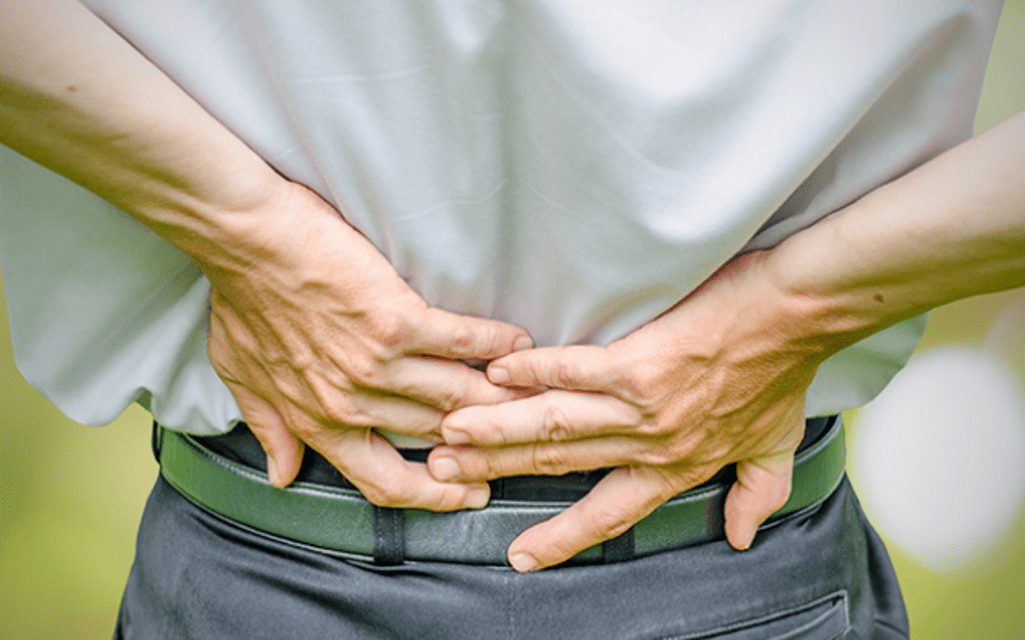Most women know the first tell-tale sign of a urinary tract infection. Burning during urination is a painful alert that all is not well in the bladder and urethra. Add in the constant urge to urinate and abdominal cramps and you can look forward to an uncomfortable few days ahead. But how can you tell if it’s a standard issue UTI or something more serious?
Kidney stones present with very similar symptoms, but can have much more serious effects, particularly with larger stones. Here’s how you can tell if you need to make a doctor’s appointment or go the emergency room.
Urinary Tract Infections
Urinary tract infections are a very common ailment, affecting approximately 10-20% of women at some point. Many women experience more than one UTI throughout their lives.
Symptoms
The symptoms of urinary tract infections are easy to recognise, particularly if you have experienced a UTI before. A burning sensation while urinating is often the first sign that a UTI may be rearing its ugly head. Other common symptoms include a frequent urge to urinate, cramps in the pelvic area, and cloudy or very dark urine. Bloody or foul-smelling urine can also accompany the more common symptoms. Some women experience general feelings of malaise, while older women in particular are susceptible to mood changes such as irritability or confusion (most common in women with dementia).
Diagnosis
Generally, the diagnostic process to determine a urinary tract infection is fairly straightforward. A simple “clean catch” urine sample can confirm to your doctor if your symptoms point to a UTI. Lab tests will let your doctor know if you are dealing with a simple urinary tract infection or something more serious.
Treatment
Some mild UTIs clear up on their own in a few days with home treatment. If you have had a UTI before and know that your symptoms are definitely those of a urinary tract infection (usually confirmed by a phone call with a doctor who has treated you for at least one UTI in the past), you can treat the symptoms with a heating pad, an over-the-counter pain reliever, and plenty of water. If the infection is more severe or if you have never had a UTI before, a trip to the doctor is definitely in order, since you may need a round of antibiotics to treat the infection.
Causes
Dehydration, holding your urine for extended periods of time, and constipation are all common causes of UTIs. Other culprits include certain types of birth control, not cleaning your vaginal area properly after sex, not changing feminine hygiene products frequently enough during your period, and certain STDs like chlamydia.
Kidney Stones
Kidney stones are not as common as urinary tract infections, but they do affect about 9% of women. While some stones can be passed at home, some require a doctor’s attention or even surgery.
Symptoms
Kidney stones have many of the same symptoms as urinary tract infections, with the addition of lower back pain, nausea, vomiting, and radiating pain from the groin area. The pain can move along with the stone as it travels through the urinary tract.
Diagnosis
Kidney stones are diagnosed using several methods depending on the situation. If acute pain is present, a visit to the ER may result in a CT scan for quick and accurate results. For kidney stones that present no symptoms, they can be discovered with an X-ray during another medical procedure. If a stone IS suspected during a doctor’s visit, an ultrasound can tell your doctor how large the stone is and where it is located in your urinary tract.
Treatment
Depending on the size of the stone, waiting is a viable option. Plenty of water, a heating pad, and over-the-counter pain medication (along with a healthy dose of patience) may be just what the doctor ordered. For larger stones, a prescribed medication may be in order, and in severe cases, surgery may be needed to remove the stone.
Causes
Kidney stones are mainly caused by a lack of water in your system. Being dehydrated is an excellent way for minerals to build up and form crystals in your urinary tract. Uric acid, in particular, tends to contribute to the formation of kidney stones. Certain medical disorders can also increase your risk of developing kidney stones.
Whatever the reason behind your abdominal discomfort, if it causes severe pain or shows other signs of being related to your urinary tract, you should see your doctor right away. A doctor’s visit beats a trip to the emergency room any day!



